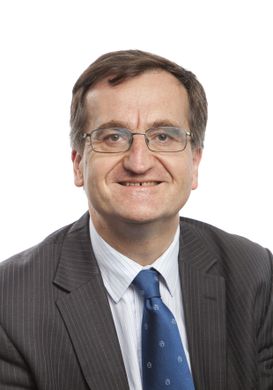Dex-CSDH study outcomes published in the New England Journal of Medicine
Outcomes of a trial of Dexamethasone for Chronic Subdural Hematoma has been published in the New England Journal of Medicine, on behalf of the British Neurosurgical Trainee Research Collaborative and Dex-CSDH Trial Collaborators.

Professor of Neurosurgery, University of Cambridge
Dex-CSDH is a pragmatic, multi-centre, double-blind, phase III randomised, placebo-controlled trial assessing the clinical utility of a tapering 2-week course of dexamethasone following Chronic Subdural Haematoma. The patients were assigned in a 1:1 ratio to receive a 2-week tapering course of oral dexamethasone, starting at 8 mg twice daily, or placebo. The decision to surgically evacuate the hematoma was made by the treating clinician. The primary outcome was a score of 0 to 3, representing a favorable outcome, on the modified Rankin scale at 6 months after randomization; scores range from 0 (no symptoms) to 6 (death).
The results of the trial suggest that among adults with symptomatic chronic subdural hematoma, most of whom had undergone surgery to remove their hematomas during the index admission, treatment with dexamethasone resulted in fewer favorable outcomes and more adverse events than placebo at 6 months, but fewer repeat operations were performed in the dexamethasone group. Dexamethasone was associated with more adverse events than placebo.
For more information visit: N Engl J Med
Published December 31 2020
Latest from CCTU
Targeting the immune system could prevent future heart attacks, Cambridge-led trial suggests
Cambridge researchers have discovered that an existing therapy which boosts protective immune cells in people who have recently had heart attacks reduces…
Cambridge study finds hot flush treatment has anti-breast cancer activity
A drug mimicking the hormone progesterone has anti-cancer activity when used together with conventional anti-oestrogen treatment for women with breast…
Innovative trial offers hope on World Pancreatic Cancer Day
An early-stage trial, recently opened at Addenbrooke's Hospital, offers new hope to people with late-stage pancreatic cancer and their families.
…






